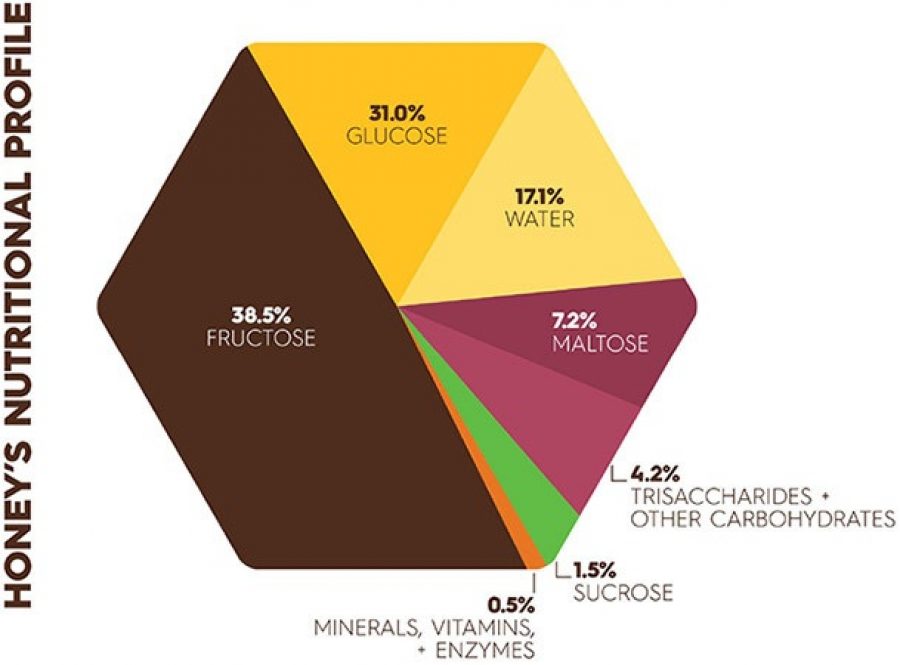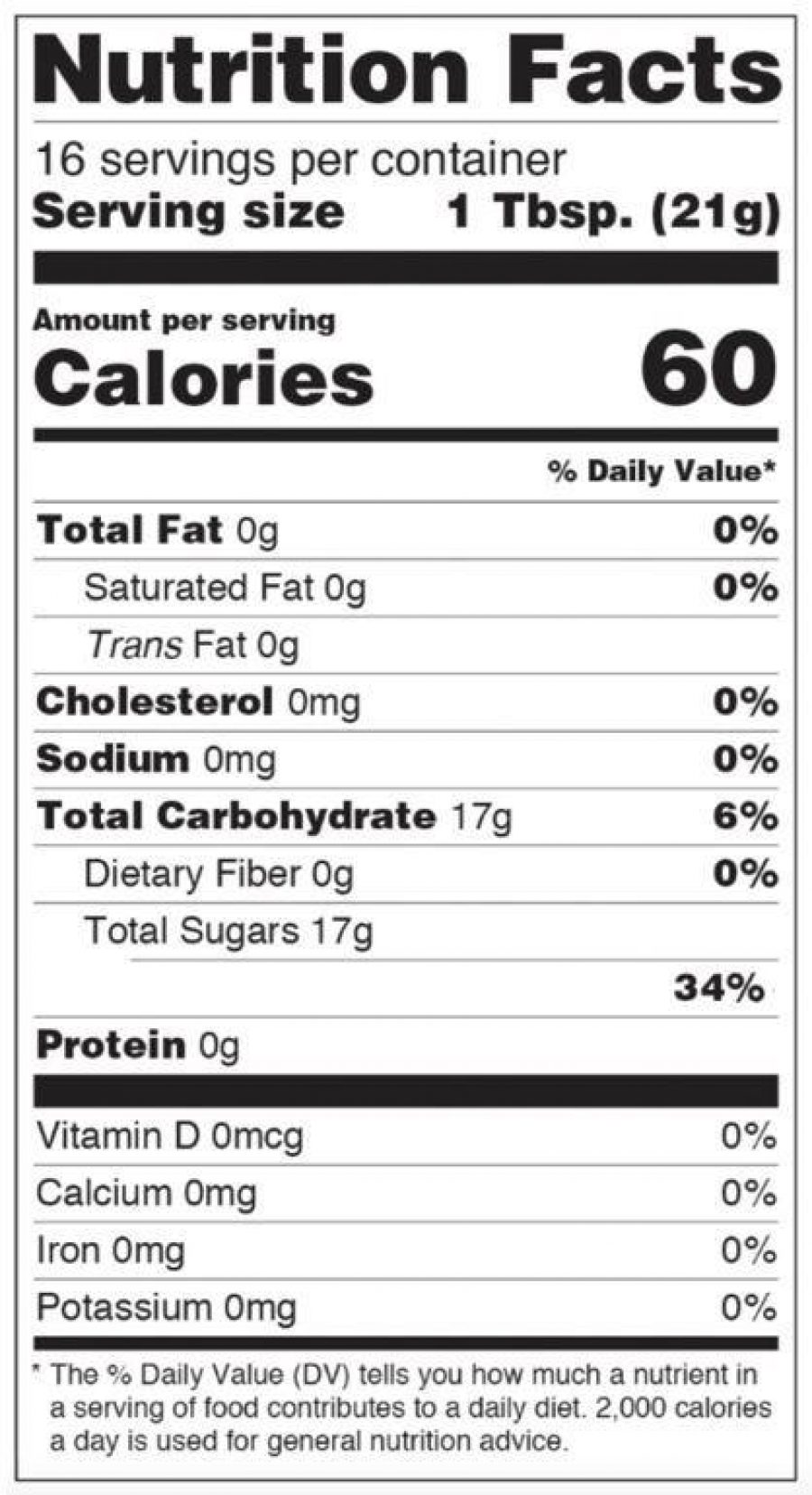Tell me more about Honey and the wonderful Bees that make it
HONEY BEE FACTS
- There are over 25,000 species of bees worldwide.
- An adult worker bee's lifespan is about 45 days during summer months and up to 90 days during the winter.
- A typical Bee colony consists of 30,000 to 60,000 bees.
- A queen bee can sting multiple times without dying unlike the worker bee that looses their stinger when they sting and will die
- Male bees are called "Drones" and they do not have stingers, their only purpose is to mate with the queen bee.
- 99% of the bee colony is made up of female bees known as worker bees.
- The average honey bee's wings flap over 183 times per second.
- Bees have an excellent sense of smell which allows them to find their hive.
- Honey Bees actually dance when they return to the hive to tell the other bees where the flowers are. Let's boogie!
- Honey is the ONLY food source produced by an insect that humans eat.
- Worker honey bees transform the floral nectar the gather into honey by adding enzymes to the nectar and reducing the moisture.
Don't Throw that Honey away!
GRANULATION (OR CRYSTALLIZATION)
Is defined as a natural occurring process of honey that changes it from liquid to solid. Some people think the honey is spoiled as it crystallizes but according to the chart, crystallization in honey occurs when the honey molecules are at optimum temperature. It then begins to crystallize. This has a lot to do with how you store you honey. If you store your honey above 60 degrees Fahrenheit (or in a certain containers the optimum is 57 to 58 degrees) it will crystallize. Levulose and dextrose levels affect crystallization also, so typically the one with the higher dextrose will crystallize more quickly; for example, Clover and Alfalfa crystallize more quickly than Orange Blossom or Blackberry. Also larger quantities will crystallize if they are stored on a concrete floor and the cold temperatures are drawn up into the container. If the honey re-crystallizes very quickly it only means that the honey did not get properly liquefied which means that the sugar crystals did not get dissolved. So if you place your honey in a pan of water and heat it slowly making sure you dissolve all the crystals you can slow crystallization or it will re-crystallize within just a few days.
HONEY NUTRITION FACTS
In addition to being an amazing natural sweetener, honey has benefits that have gone largely unknown. It's a wholesome sore-throat soother, a natural energy booster, and more.
Nutrition
It's not just versatile, varied, and delicious. Research has shown that honey contains a wide array of vitamins, minerals, amino acids, and antioxidants3. Flavonoids and phenolic acids, which act as antioxidants, are found in honey3. The amount and type of these compounds depend largely on the floral source3.


Sweetener
Honey is sweet—that’s a given. And it adds a special touch to almost every recipe. It can be your secret ingredient that's always revealing new possibilities. Many people think of honey as a drizzle in desserts or a topping for toast. But more and more, honey is being recognized as a pantry staple. It gives your recipes unbeatable flavor and unexpected functional benefits. From balancing flavors to providing moisture to baked goods, honey excels in a slew of tasks—all from one little bottle and only one ingredient.
As honey is slightly sweeter than sugar, you can use less to achieve the same amount of sweetness in a dish. When substituting honey for granulated sugar in recipes, begin by substituting honey for up to half of the sugar called for in the recipe. For baked goods:
- Reduce the liquid in the recipe by 1/4 cup for each cup of honey used.
- Add about 1/2 teaspoon baking soda for each cup of honey used.
- Reduce oven temperature by 25 degrees to prevent over-browning.
Natural Energy
Honey is a natural source of carbohydrates, providing 17 grams per tablespoon, which makes it ideal for your working muscles. Since carbohydrates are the primary fuel the body uses, honey can help maintain muscle glycogen, also known as stored carbohydrates, which gives athletes the boost they need when they need it most.
Cough Suppressant
Honey has been used for centuries to help alleviate symptoms of the common cold, and now research confirms this approach for children ages one and older. Honey offers an effective and natural alternative to over-the-counter cough medicine4. Though time is the most important healer of a sore throat, a spoonful of honey can help relieve the irritation4.
Important Reminder
Honey is a versatile and wholesome food for older children and adults. Honey may be introduced into a child’s diet after the age of one, but not before4, 5.
